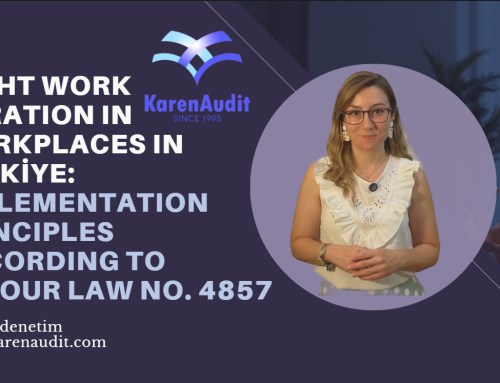Foreign Direct Investment (FDI) inflows to Türkiye amounted to $4.7 billion in the first five months of the year, according to data from the International Investors Association (YASED).
The figure rose 16 percent year-on-year in the first five-month period of 2025, while the total FDI to Türkiye since 2002 amounted to $280 billion.
In May alone, FDI inflows to Türkiye totaled $1.4 billion, $425 million of which, was in the form of investment capital.
Of the total FDI inflows in May, $792 million was realized through debt instruments and $171 million through real estate sales to foreign nationals.
In the same month, the downward effect of investment liquidations on the total amount of FDI was calculated as $11 million.
Wholesale and retail trade accounted for 30 percent of the $425 million worth of investment capital inflows in May, with an investment inflow of $127 million.
The manufacture of rubber and plastic products, with a share of 12 percent, outperformed its previous cumulative performance and became the other prominent sector in investment capital inflows in May.
The EU countries, which had a 58 percent share in the total FDI into Türkiye in the 2002-2024 period, had a 39 percent share in the fifth month of 2025.
In the same month, the U.S. had the largest share, at 36 percent, followed by the Netherlands at 19 percent, Denmark at 10 percent, Azerbaijan at 7 percent and the U.K. at 5 percent.
During the five-month period, the top three countries investing in Türkiye were Kazakhstan with 23 percent, the Netherlands with 15 percent and the U.S. with 13 percent.
Source: Hürriyet Daily News
Legal Notice: The information in this article is intended for information purposes only. It is not intended for professional information purposes specific to a person or an institution. Every institution has different requirements because of its own circumstances even though they bear a resemblance to each other. Consequently, it is your interest to consult on an expert before taking a decision based on information stated in this article and putting into practice. Neither Karen Audit nor related person or institutions are not responsible for any damages or losses that might occur in consequence of the use of the information in this article by private or formal, real or legal person and institutions.






